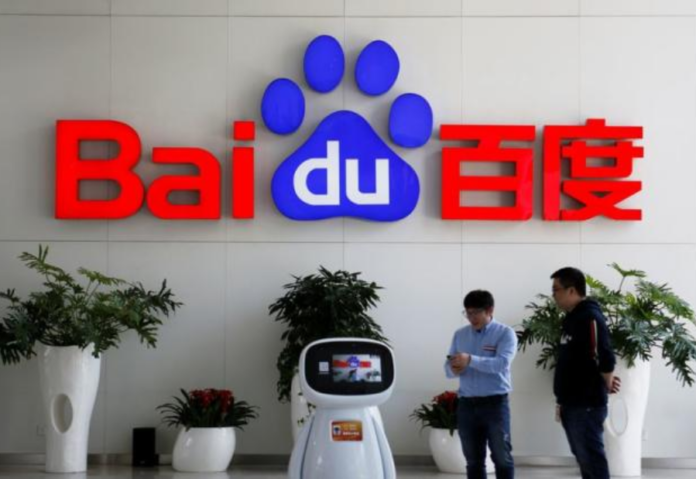Baidu, a Chinese search engine and artificial intelligence business, released Ernie 4.0 on Tuesday by CEO Robin Li, claiming that it competes with models such as the GPT-4 in the United States.
Ernie 4.0 was introduced by Baidu CEO Robin Li during the company’s annual Baidu World conference in Beijing. According to him, the model has attained comprehension, reasoning, memory, and generation through the use of algorithms to build and develop new information.
Ernie 4.0, according to Li, was able to understand difficult questions and instructions and use reasoning and logic to provide replies.
“It is not inferior in any aspect to GPT-4,” Li added, adding that the latest model was “significantly improved” over the original Ernie Bot model.
During a live display, Li instructed Ernie 4.0 to create advertising materials, including posters and a marketing video. He also asked Ernie 4.0 to write a martial arts novel with a variety of personalities for him.
After OpenAI’s ChatGPT took the globe by storm last year, Baidu is a frontrunner among a host of Chinese businesses racing to develop artificial intelligence models. Beijing sees artificial intelligence as a crucial field in which to compete with the United States, with the goal of becoming a global leader by 2030.
To remain competitive, Beijing-based Baidu began as a search engine company and has since invested extensively in artificial intelligence technology such as autonomous driving and, more recently, generative AI.
Following the statement, the company’s Hong Kong-listed shares plummeted 1.7% on Tuesday.
After OpenAI’s ChatGPT took the globe by storm last year, Baidu is a frontrunner among a host of Chinese businesses racing to develop artificial intelligence models. Beijing sees artificial intelligence as a crucial field in which to compete with the United States, with the goal of becoming a global leader by 2030.
To remain competitive, Beijing-based Baidu began as a search engine company and has since invested extensively in artificial intelligence technology such as autonomous driving and, more recently, generative AI.
Following the statement, the company’s Hong Kong-listed shares plummeted 1.7% on Tuesday.
In March, Baidu launched its Ernie Bot. It made the model available to the public in August.
Although Ernie 4.0 is not yet released to the general public, some people have been authorized to test it.
Baidu wants to include artificial intelligence technology into its search engine, maps, and cloud drive services, as well as its enterprise business intelligence offerings, according to Li. He did not provide a timeline for this.
Certain products’ functionality can be transformed through technology. Instead of simply presenting a list of results and links, Baidu’s search engine may develop a tailored answer to a question.
China has recently attempted to control the generative AI business by mandating companies conduct security audits and get approvals before publicly releasing their products. AI service providers must also comply with government requirements for technology and data. Such regulations do not exist in the United States.
Also read: A Journey of Tech Leadership: Empowering Transparency in the Salon Industry with SalonTym
Do Follow: CIO News LinkedIn Account | CIO News Facebook | CIO News Youtube | CIO News Twitter
About us:
CIO News, a proprietary of Mercadeo, produces award-winning content and resources for IT leaders across any industry through print articles and recorded video interviews on topics in the technology sector such as Digital Transformation, Artificial Intelligence (AI), Machine Learning (ML), Cloud, Robotics, Cyber-security, Data, Analytics, SOC, SASE, among other technology topics.






